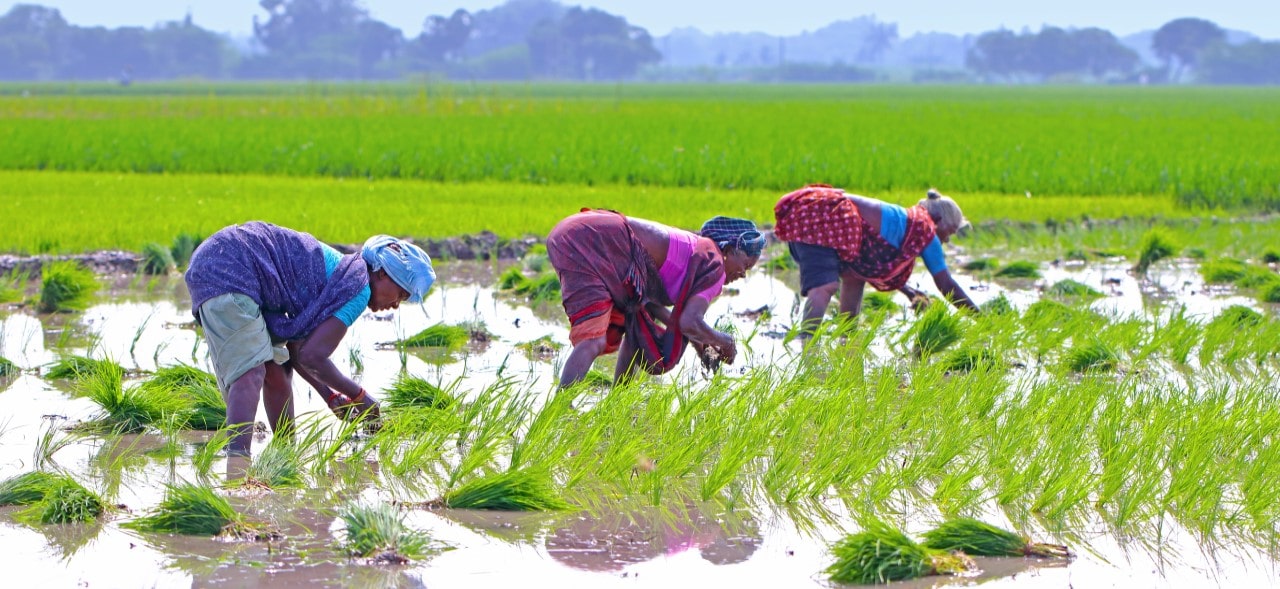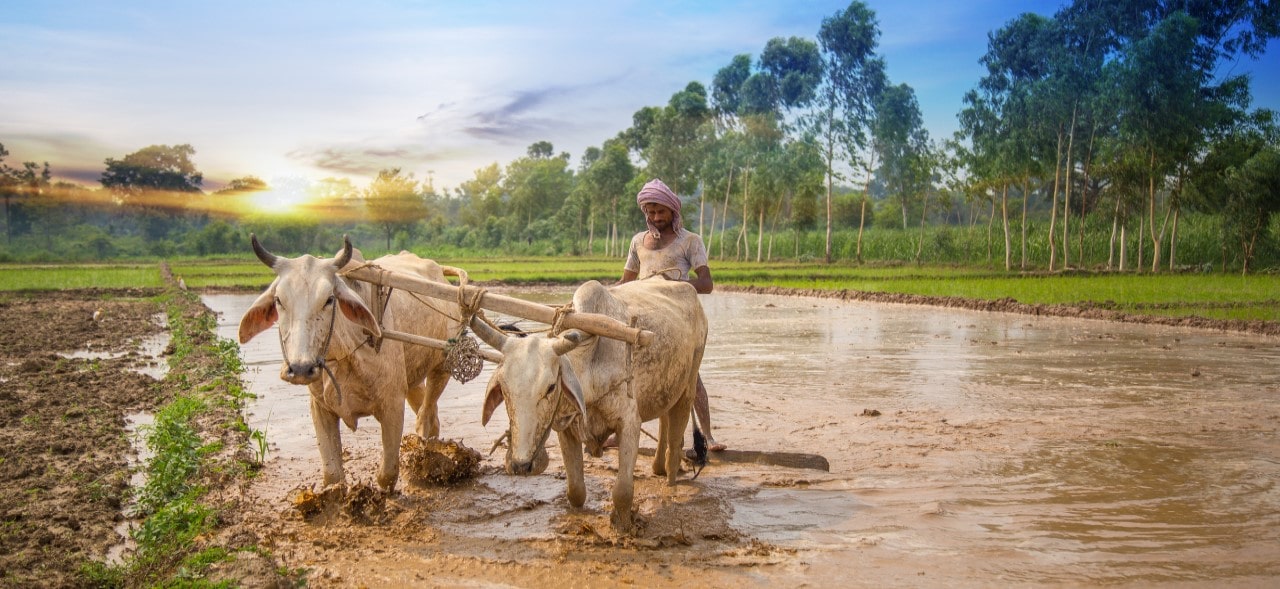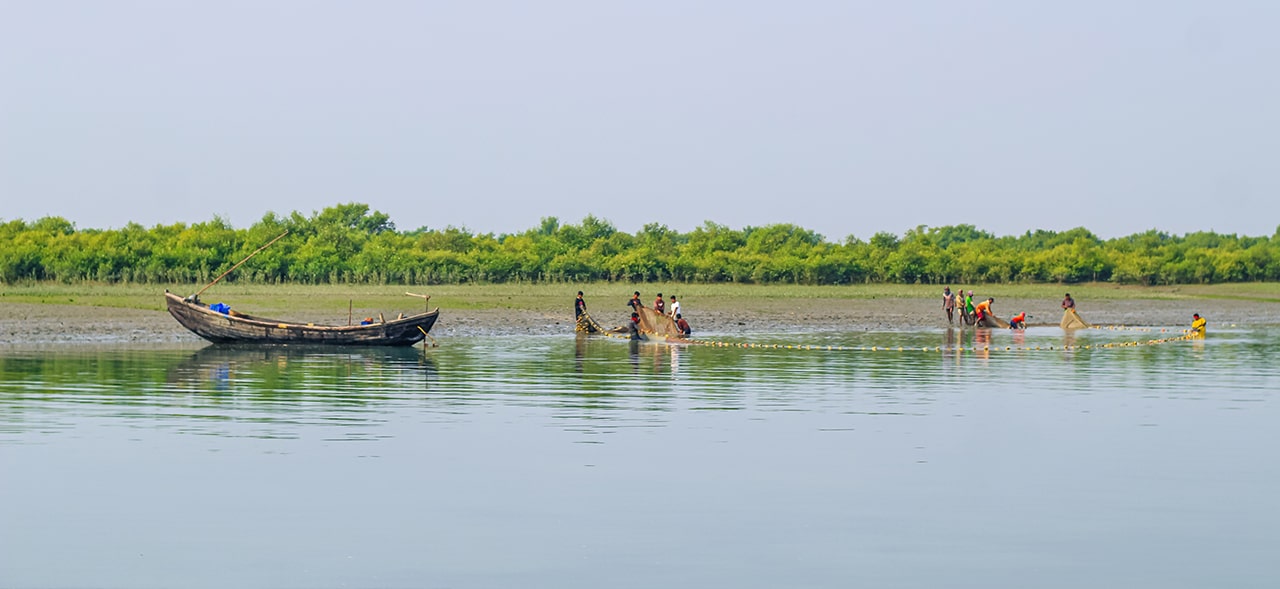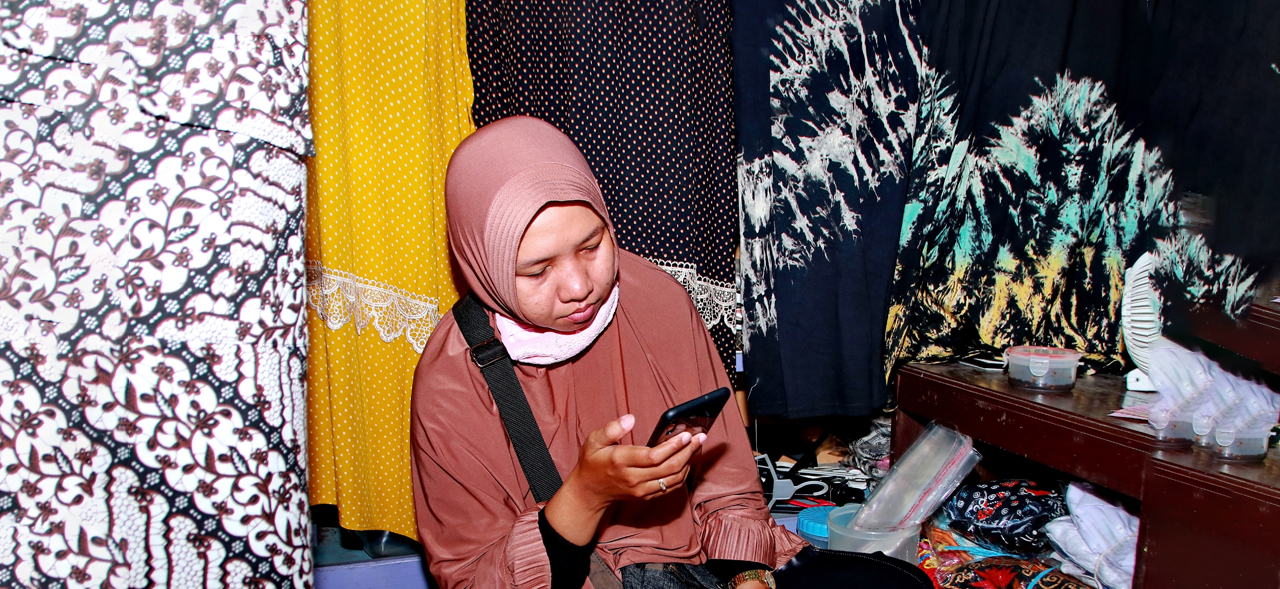Rahul Chatterjee

Rahul Chatterjee
Posts by Rahul Chatterjee
 Blog
Blog
Partha Ghosh, Rahul Chatterjee and Graham Wright
Seven factors that determine the resilience and adaptive ability of smallholder farmers in Bihar
Jan 27, 2023
 Blog
Blog
Partha Ghosh, Rahul Chatterjee and Graham Wright
The impact of climate change and coping strategies adopted by smallholder farmers in Bihar
Jan 27, 2023
 Blog
Blog
Partha Ghosh, Rahul Chatterjee and Graham Wright
Traits of resilient and vulnerable smallholder farmers
Jan 27, 2023
 Blog
Blog
Rahul Chatterjee and Sadia Shahnaz
Unpacking the ground realities—what are we beginning to learn about women-owned businesses in Bangladesh?
Jan 17, 2023
This site uses cookies, by continuing your navigation, you agree with our Cookie Policy.

